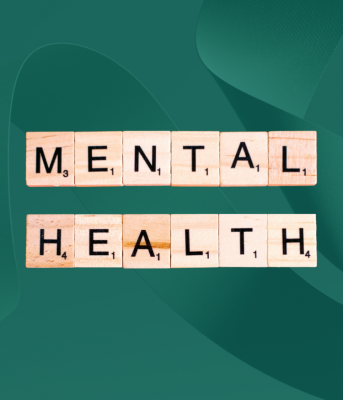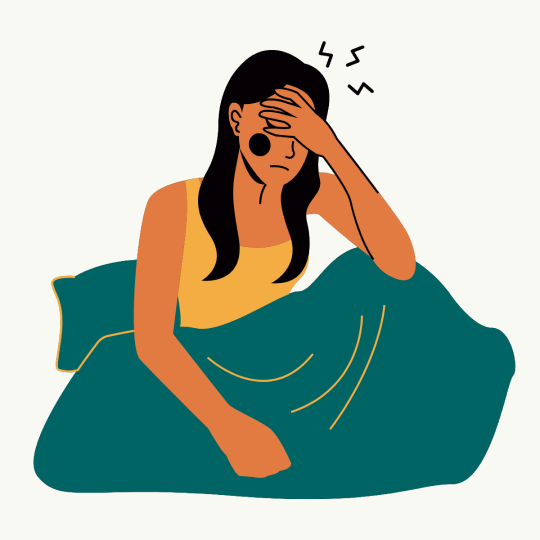

SHARE THIS POST
Share on facebook
Share on linkedin
Share on twitter
Benefits Are Great, But They’re Not Enough
For a lot of people, it`s hard to carve out the time for yourself if you work a full-time job. Fortunately, we`ve got little reminders in our pockets now, that notify us to take ten minutes out to meditate, breathe, drink, journal, slow-down etc.
There`s no denying that mindfulness and meditation apps are great, in fact research from 2018 demonstrated Headspace`s ability to reduce work stressors when participants meditated daily for 8 weeks.
In our last blog, we touched on some of the demands workers are making in wake of The Great Resignation and `post-pandemic` life, and better work-life balance and improved wellbeing are some of them. Companies are recognising the benefits of mental health and wellbeing packages and support to aid their employees productivity, and to help pool the best talent amongst competitive labour markets.
Our work can play a significant part in our mental health and wellbeing. 2020 research from Bupa revealed that 41% of employees cited work as a contributing factor to poor mental health, with increasing numbers of employees telling no-one about their mental health issues.
So, we welcome all the benefits companies want to introduce, from mindfulness technologies to gym memberships. However, we think there`s a bit of a problem when benefits are treated as the solution for addressing mental health at work. That`s because they don`t fundamentally address safety and wellbeing in the workspace, both psychical and psychological.
If there isn`t a foundation of holistic safety, meditation apps, staff parties and discounts are really only papering over the cracks.
May marks Mental Health Awareness month, and no doubt employees and employers alike will be looking for ways to improve mental health and wellbeing at work. We want to propose a different solution to benefits, one that embeds wellbeing into everything you do in the workplace. It`s called: Psychological Safety.
What is Psychological Safety?
The term was coined by Harvard Business School professor Amy Edmonson. She states that Psychological Safety is ″ a belief that one will not be punished or humiliated for speaking up with ideas, questions, concerns or mistakes, and that the team is safe for interpersonal risk-taking.″
Basically, it means that you and your team can work in an environment that is safe, open and one that facilitates dialogue, where employees have autonomy without fear of punishment. When we think about mental health, we don`t necessarily think about Health & Safety. That`s not just the psychical things in our environment that can jeopardise our safety, but the psychological influences too.
Under Occupational Health and the 2010 Equality Act, employers have a legal responsibility to support employees` health, and cannot discriminate on the basis of a mental health disability. But small abuses happen all the time that rob employees of their autonomy, and, ultimately, their overall health and wellbeing.

It happens all too often: it`s a Sunday night and an employee is dreading going to work on a Monday morning, they fear they`ll be punished if they raise grievances, they`re asked to complete tasks they`re not comfortable with, they aren`t remunerated properly or given sufficient breaks… sound familiar?
These small acts have a compound effect. Research from West Virginia University demonstrated the toll seemingly small workplace mistreatment can have on us. So, you can see now that even if you`ve got great benefits at work, if you don`t feel safe and in control, you cannot work in an environment that values your mental health and wellbeing.
Why is Psychological Safety Important for the Creative Industries?
Across creative industries such as film and television, gaming, fashion, publishing and theatre, intense workdays are the norm. Often, the work can be overseas and necessitate long and irregular working hours and physically demanding tasks in a high-pressure environment.
Getting the job done usurps worker wellbeing. It`s easy to neglect fundamentals like providing transparent, clear feedback and instructions or encouraging overtime that eats into employees` time away from work. Freelancers and interns can particularly bear the brunt of mistreatment, but anyone from mid-management to senior level can have their rights neglected.
Again, this is why you can`t treat mental health as a separate issue you remedy with benefits. No disrespect to Headspace (we`re huge fans) but if that`s all employers are offering, it`s simply not enough. Completing a risk assessment is part-and-parcel of many jobs; Psychological Safety should be just as important for your HR processes.
How You Can Instil Psychological Safety into Your Creative Workplace:
Transparency: Your team need to feel they can openly discuss workplaces challenges outside of just the quarterly review or monthly catch up. If you need to carve out the time, then carve out the time. Make it clear in your communications how your team can raise points and grievances, set up a slot for informal or formal discussions, factor in time for check-ins; whatever suits you and your team best.
Accountable line managers: Think back to the worst day you ever had at work and remember the impact your line manager had on that day. Line managers are one of the first ports of call for your team, which is why you need to ensure they`re accountable, transparent, and resourced.
Training and leadership: As a person that manages others, it`s your responsibility to continuously grow and develop so you can effectively lead your team, identify when things aren`t going well and how you can act decisively. More than that, knowing when and how to act upon receiving information − particularly if it`s sensitive or challenging − are vital qualities for any inspiring leader.
How TSHRC Can Help:
We appreciate how challenging it is to mitigate the work stressors that promote poor mental health, especially for creative industries. However, it`s clear that companies have a responsibility to their employees` health and wellbeing, and the companies that neglect to truly protect them stand to lose the best talent in the future.
TSHRC is here to help you take mental health and wellbeing seriously, with our HR services, tools and training. We offer a free consultation service, where we`ll identify what your business needs to build a sustainable company culture that promotes wellbeing and productivity. Contact us today if you`re ready to put mental health front and centre in your business.
